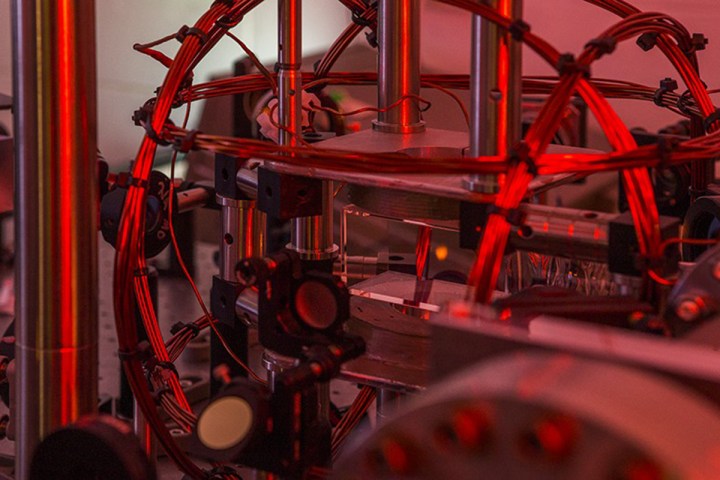
The condensate was theorized in 1924. It took another seventy years for two scientists to create the state in an experiment that earned the Nobel Prize in Physics. Meanwhile, a couple Australian physicists have just developed an artificial intelligence that learned, recreated, and improved on the original experiment on its own.
“I didn’t expect the machine could learn to do the experiment itself, from scratch, in under an hour,” co-lead researcher Paul Wigley said in a press release. “A simple computer program would have taken longer than the age of the universe to run through all the combinations and work this out.”
To give the AI a head start, the Australian National University team cooled some gas down to a millionth of a degree above absolute zero. The system was then tasked with cooling the gas down even further, to a billionth of a degree above absolute zero. But the AI went a few steps further.
Trial after trial, the highly-specialized system found more efficient approaches to the experiment. “It did things a person wouldn’t guess, such as changing one laser’s power up and down, and compensating with another,” said Wigley. The AI also has the capacity to simultaneously monitor many more parameters than its human counterpart.
Bose-Einstein condensates are some of the universe’s coldest places. This makes them difficult to maintain and highly sensitive to disturbances. With the new AI, producing condensates is easier and faster, and also makes them easier to maintained for longer periods of time, enabling researchers to apply to them to things like measuring the Earth’s gravity and magnetic field.


